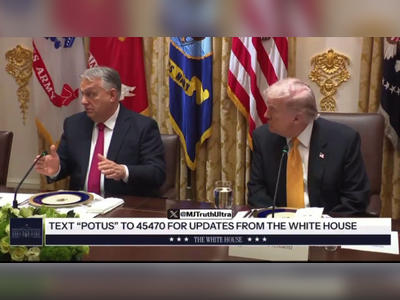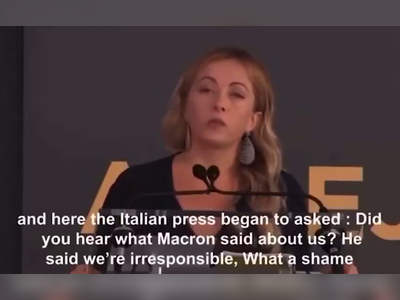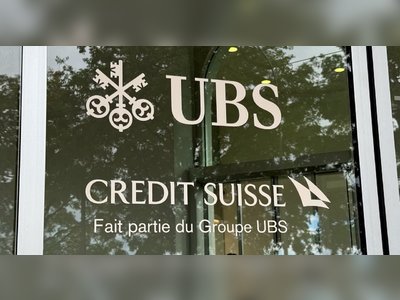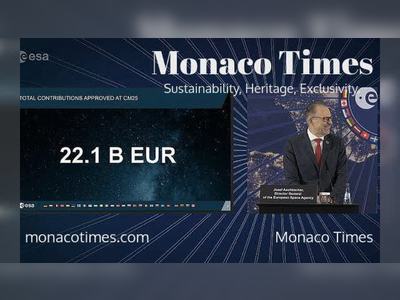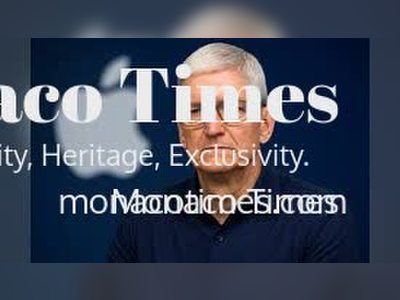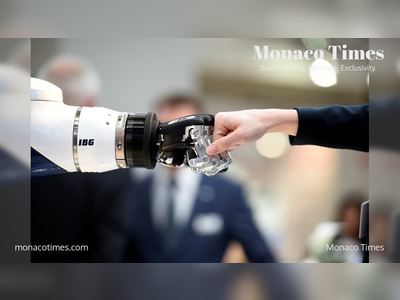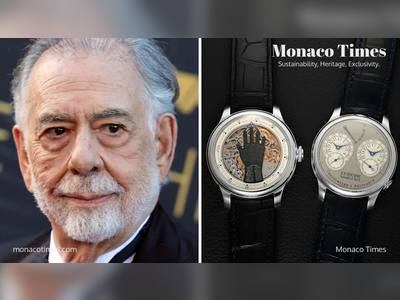
Monaco's Legal Profession Navigates Social Media Landscape
Bernard Bensa discusses the implications of social media for lawyers in Monaco amid rising digital presence.
The Order of Lawyers in Monaco, represented by its bâtonnier, Bernard Bensa, is currently addressing the increasing visibility of lawyers on social media platforms, a trend that has garnered attention and brought forth questions about professional conduct.
As in many jurisdictions, some lawyers in Monaco have begun to engage more actively on social media, raising concerns among their peers regarding the appropriateness of such conduct.
The existing internal regulations of the Monaco Bar primarily address general advertising but do not specifically cover social media use.
Bensa acknowledged that the majority of the 34 lawyers in Monaco maintain a social media presence, mostly on platforms like Facebook and LinkedIn.
However, he emphasized that the dignity of the legal profession must be preserved, which applies equally to social media interactions.
He asserts that while lawyers can share useful information online, they must refrain from making statements that could undermine the profession’s integrity.
Moreover, Bensa clarified that an advocate cannot simultaneously act as an influencer; if they choose to do so, separate accounts would be necessary.
For instance, he referenced an anonymous lawyer, known as Maître Eolas, who maintains a careful distance from presenting his professional identity and adheres to a standard that respects the dignity of the legal profession.
Bensa indicated that if lawyers engage in activity unrelated to their profession, such as maintaining an anonymous account, they should report this to the Order of Lawyers.
The enforcement of ethical guidelines regarding social media is another aspect of concern.
The Order has designated officials monitoring social media activity to ensure compliance with professional conduct standards, stating that overt advertising is prohibited.
The distinction between sharing information and promotion is particularly critical, as lawyers are permitted to disseminate information deemed useful—such as their qualifications and participation in events—but must exercise caution not to cross the line into publicity.
In light of other jurisdictions, particularly France, where sanctions for misconduct on social media can be severe, including suspension and disbarment, the issue of regulation in Monaco is becoming increasingly pertinent.
Currently, Monaco’s council can only issue warnings and reprimands, with more severe penalties requiring a court's involvement.
This difference highlights a potential need for policy updates to reflect the evolving landscape of legal practice in the digital age.
Bensa emphasized the importance of confidentiality and the implications of social media during ongoing legal proceedings, underscoring the necessity of maintaining professional discretion.
As social media's role in public discourse grows, the risk of breaching client confidentiality remains a significant concern for legal professionals.
Challenges such as potential harassment of lawyers via social media have not prominently affected the legal community in Monaco, though procedures for addressing such instances are in place, illustrating a shared commitment to protecting legal practitioners from undue pressure while ensuring accountability within the profession.
The rapidly changing dynamics created by social media present both challenges and opportunities for lawyers in Monaco, prompting ongoing discussions within the Order about necessary adaptations to their regulatory framework.
As Bensa noted, updating internal regulations to encompass social media use is a priority, reflecting the broader trend of integrating modern communication practices into traditional fields such as law.
As in many jurisdictions, some lawyers in Monaco have begun to engage more actively on social media, raising concerns among their peers regarding the appropriateness of such conduct.
The existing internal regulations of the Monaco Bar primarily address general advertising but do not specifically cover social media use.
Bensa acknowledged that the majority of the 34 lawyers in Monaco maintain a social media presence, mostly on platforms like Facebook and LinkedIn.
However, he emphasized that the dignity of the legal profession must be preserved, which applies equally to social media interactions.
He asserts that while lawyers can share useful information online, they must refrain from making statements that could undermine the profession’s integrity.
Moreover, Bensa clarified that an advocate cannot simultaneously act as an influencer; if they choose to do so, separate accounts would be necessary.
For instance, he referenced an anonymous lawyer, known as Maître Eolas, who maintains a careful distance from presenting his professional identity and adheres to a standard that respects the dignity of the legal profession.
Bensa indicated that if lawyers engage in activity unrelated to their profession, such as maintaining an anonymous account, they should report this to the Order of Lawyers.
The enforcement of ethical guidelines regarding social media is another aspect of concern.
The Order has designated officials monitoring social media activity to ensure compliance with professional conduct standards, stating that overt advertising is prohibited.
The distinction between sharing information and promotion is particularly critical, as lawyers are permitted to disseminate information deemed useful—such as their qualifications and participation in events—but must exercise caution not to cross the line into publicity.
In light of other jurisdictions, particularly France, where sanctions for misconduct on social media can be severe, including suspension and disbarment, the issue of regulation in Monaco is becoming increasingly pertinent.
Currently, Monaco’s council can only issue warnings and reprimands, with more severe penalties requiring a court's involvement.
This difference highlights a potential need for policy updates to reflect the evolving landscape of legal practice in the digital age.
Bensa emphasized the importance of confidentiality and the implications of social media during ongoing legal proceedings, underscoring the necessity of maintaining professional discretion.
As social media's role in public discourse grows, the risk of breaching client confidentiality remains a significant concern for legal professionals.
Challenges such as potential harassment of lawyers via social media have not prominently affected the legal community in Monaco, though procedures for addressing such instances are in place, illustrating a shared commitment to protecting legal practitioners from undue pressure while ensuring accountability within the profession.
The rapidly changing dynamics created by social media present both challenges and opportunities for lawyers in Monaco, prompting ongoing discussions within the Order about necessary adaptations to their regulatory framework.
As Bensa noted, updating internal regulations to encompass social media use is a priority, reflecting the broader trend of integrating modern communication practices into traditional fields such as law.
